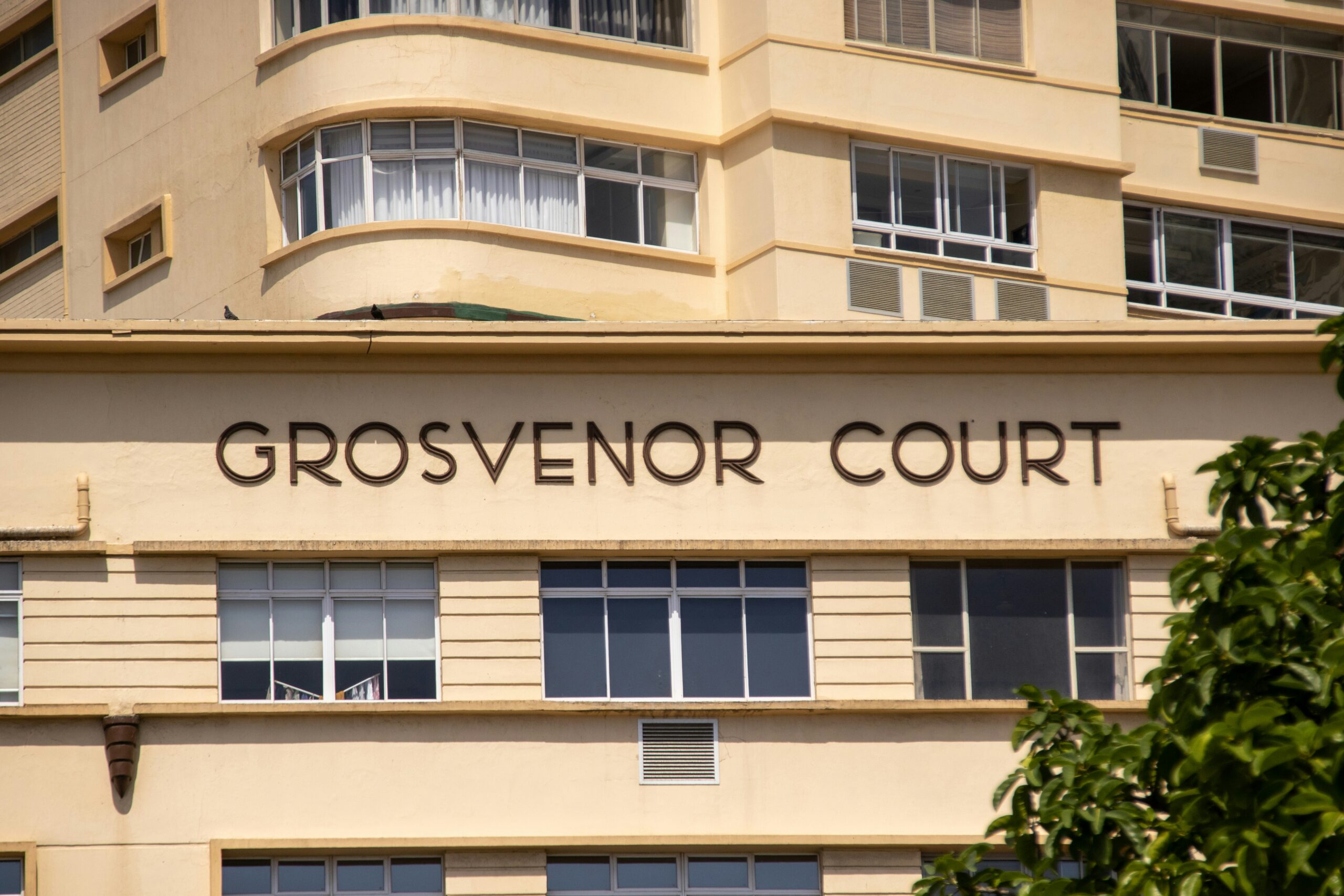
In a groundbreaking decision that could reshape the landscape of social media accountability, the Human Rights Court in Kenya has declared it has the authority to adjudicate cases involving harmful online content on platforms like Facebook. This ruling stems from a lawsuit filed against Meta, the parent company of Facebook, which implicates the platform in severe human rights abuses linked to its content moderation policies and algorithmic decisions.
Key Facts
- The case was initiated by Abraham Meareg, whose father, an Ethiopian academic, was murdered after personal details were shared on Facebook.
- Other plaintiffs include Fisseha Tekle, a threatened Ethiopian human rights activist, and the Katiba Institute, a Kenyan non-profit advocating for constitutionalism.
- The plaintiffs argue that Facebook’s algorithms and content moderation policies contributed to ethnic conflict and widespread human rights violations in Ethiopia.
- The Kenyan court’s decision challenges the notion that U.S.-based Meta can profit from content that is deemed unconstitutional in Kenya, demanding accountability for their operations impacting human rights globally.
Background
This lawsuit highlights critical questions about the extent to which social media platforms can be held liable for the content circulated within their networks. The content in question, as identified by the plaintiffs, includes war propaganda, violence incitement, hate speech, and other forms of harmful communication that are unprotected by the Constitution of Kenya.
The legal challenge also scrutinizes the balance between corporate profit and human rights obligations, suggesting that Meta’s business practices must align with constitutional norms that prioritize human dignity and social justice.
Official Reactions and Legal Precedents
The Kenyan ruling counters a significant trend in global jurisprudence, particularly influenced by the U.S. Communications Decency Act’s Section 230, which has historically shielded platforms like Facebook from liabilities related to user-generated content. Similar protections exist in the European Union, albeit with some exceptions.
However, this decision from Kenya diverges from precedents like the U.S. Supreme Court’s ruling in Twitter v Taamneh, which did not hold platforms accountable for user content. Instead, it places human rights at the forefront, challenging platforms to enforce stricter moderation policies that prevent the spread of harmful content.
Implications and What’s Next
The assertion of jurisdiction by the Kenyan court is not merely a local issue but a signal to the international community about the evolving expectations for social media giants. As this case progresses, it may inspire similar legal actions in other jurisdictions, potentially leading to a global shift in how social media platforms are regulated and held accountable.
For now, the world watches as the case unfolds, offering a beacon of hope for victims of online harm and setting a precedent for the integration of human rights in the governance of digital platforms.